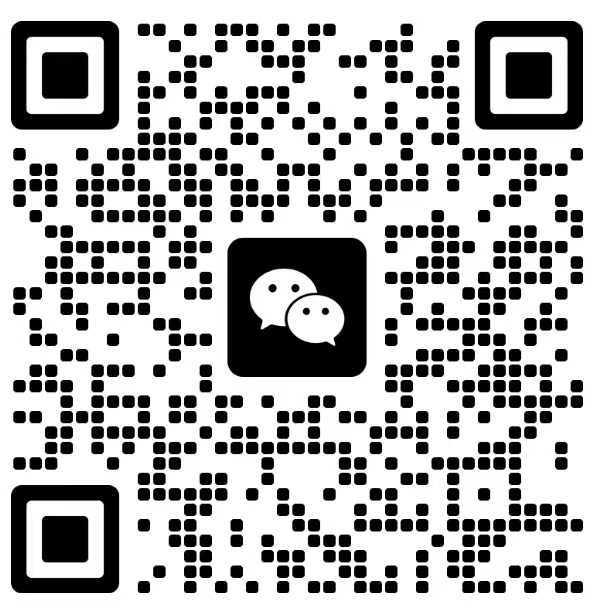ByteDance's TikTok Facing Ban in the US: Another Ally Joins the Clean-up Campaign
In early August, US President Donald Trump issued an executive order prohibiting transactions with ByteDance, a Chinese company known for its popular social app TikTok. The ban, set to take place in 45 days, was based on national security concerns as the app allegedly collects sensitive user data and censors content deemed unfavourable by the Chinese government. As the deadline approaches, the situation has become more complicated as another key American ally decides to take part in the country's clean-up campaign.
An Overview of the Controversy
Since its launch in 2016, TikTok has become a global phenomenon, especially among young people. With over two billion downloads worldwide, the app is known for its short-form videos featuring dance challenges, lip-syncing, and comedy skits. However, the app's Chinese ownership has raised questions about its data privacy practices and censorship policies.
In the US, TikTok's explosive growth has caught the attention of lawmakers and regulators, who are concerned about potential security threats posed by the app's data collection practices. The US government has accused TikTok of harvesting user data and sending it back to China, where it could be used for nefarious purposes, such as espionage and blackmail.
In response, TikTok has repeatedly denied these allegations, stressing that its data centres are located outside of China and that it has implemented rigorous data protection measures for its users. The company has also made efforts to distance itself from its Chinese roots by hiring an American CEO and moving its headquarters to California.
The US Ban and Its Consequences
The US government's ban on TikTok has thrown the company's future into uncertainty, as it faces the prospect of losing its most lucrative market. The ban would also impact the wider tech industry, as other Chinese-owned companies could come under scrutiny in the US, further straining relations between the two countries.
Meanwhile, TikTok has launched legal challenges against the ban, citing a lack of due process and discrimination against a foreign-owned company. It has also sought out potential buyers for its US operations, with tech giants such as Microsoft and Oracle reportedly expressing interest.
The ban has also triggered a global debate about data privacy and government regulation of tech companies. Some argue that the US government's actions are purely political and aimed at containing China's growing influence in the tech sector, while others believe that TikTok's data practices pose a genuine threat to national security.
Another Ally Joins the Clean-up Campaign
As the US ban looms, another key American ally has decided to join the country's clean-up campaign. Australia, which has already banned Chinese telecoms giant Huawei from its 5G networks, is considering a similar ban on TikTok. The move is part of a broader crackdown on foreign interference in Australia's domestic affairs, particularly in areas such as politics and academia.
Some experts believe that Australia's move could set a precedent for other countries to follow, further isolating TikTok and its parent company. They warn that this could lead to a fragmentation of the global internet, with countries creating their own separate networks and regulations, ultimately harming innovation and the free flow of information.
Conclusion
The controversy surrounding TikTok highlights the complex and interconnected nature of the global tech industry, where issues of data privacy, national security, and geopolitics collide. As the US ban on TikTok looms and more countries consider similar actions, the future of the app and its parent company remains uncertain. However, the controversy also underscores the need for greater transparency and accountability among tech companies, particularly those with access to sensitive user data.
.jpg)


